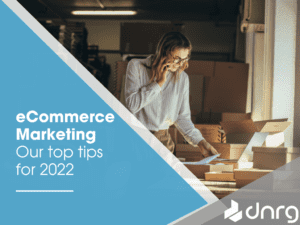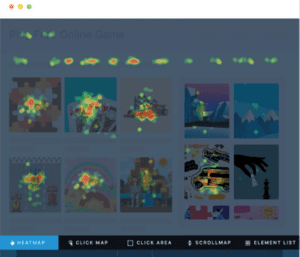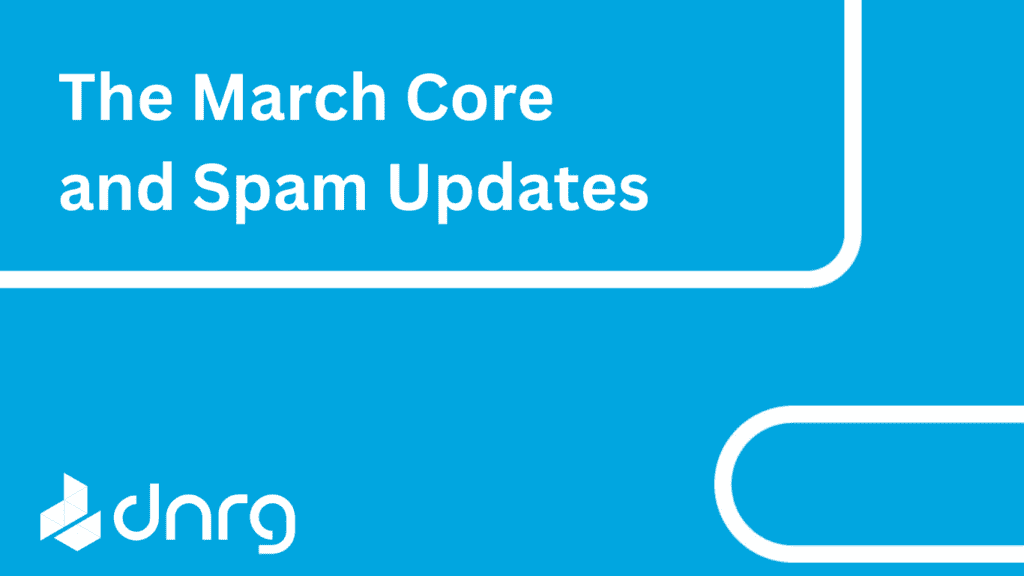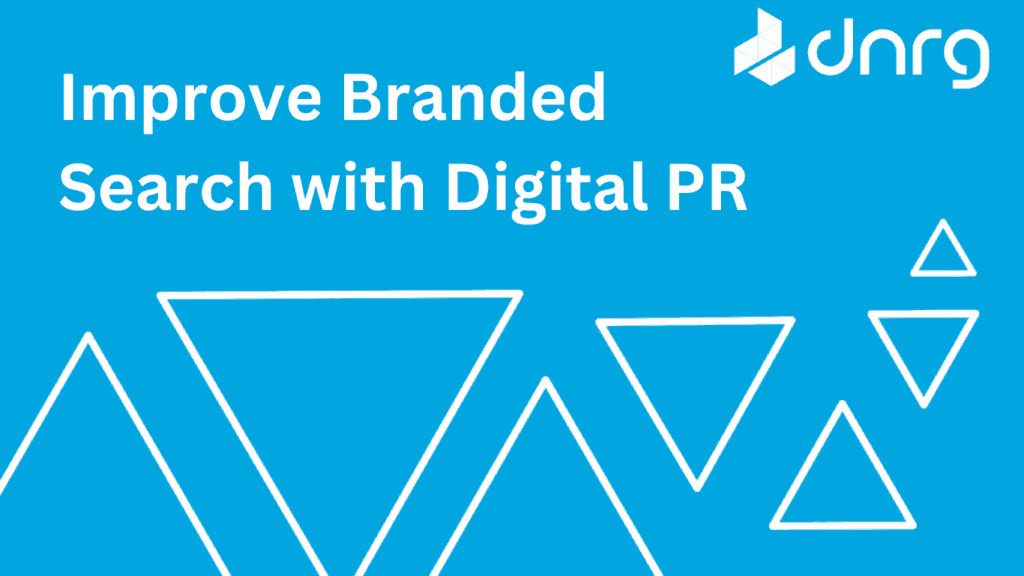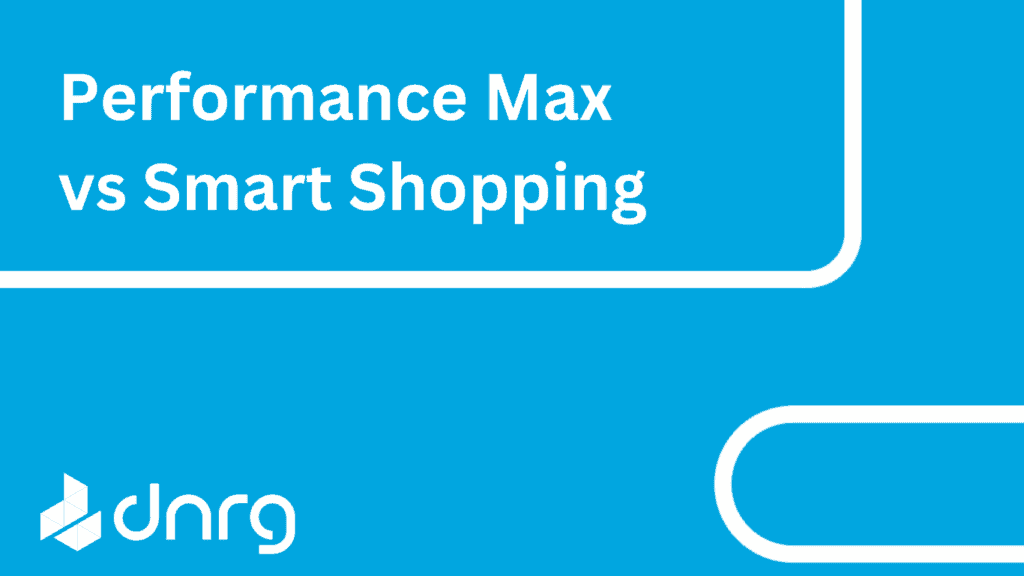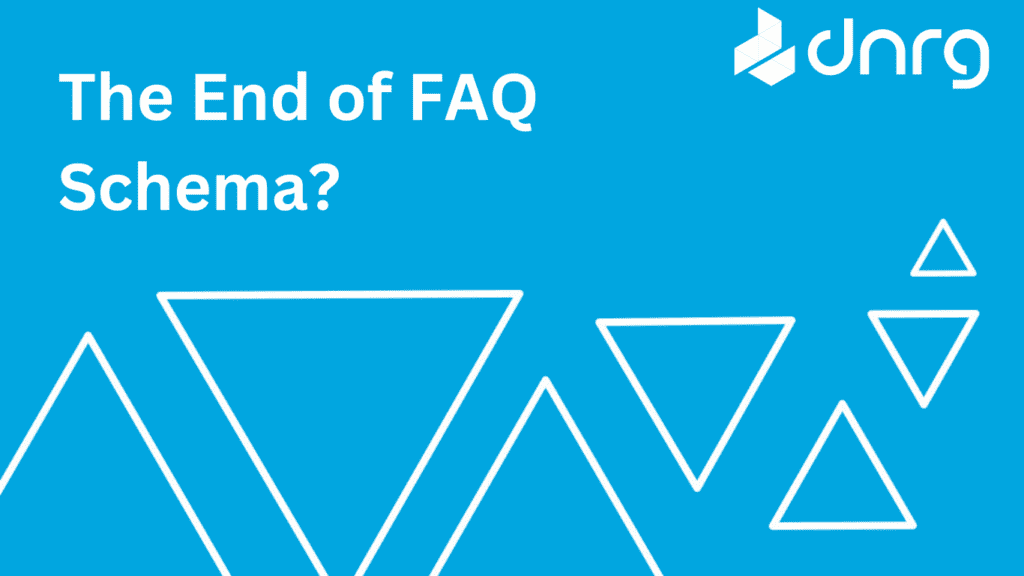eCommerce Marketing in 2022
The eCommerce market is booming. Since Covid hit back in March 2020, the entire retail landscape has shifted.
UK online retail has seen a 27% increase in the last year and studies suggest 82% of adults are have bought a product online at least once.
The largest share of the UK eCommerce market belongs to the Fashion industry, followed closely by Electronics & Media; Toys, Hobbies & DIY and Furniture & Appliances. As we see this shift from physical stores to online commerce, it’s important to understand how your customers interact with your website and how to tailor your marketing strategy to build awareness and capture the right people.
To help you develop an effective multi-channel marketing strategy for your eCommerce business we’ve put together a few pointers for you to keep in mind.
What strategies are most effective?
Website Optimisation and CRO
Website Optimisation – This is a crucial starting point to building a successful eCommerce marketing strategy. Your website will often be the first point of contact that you have with new customers. If your website doesn’t immediately give a strong first impression and convey your brand’s personality then your potential customer is already questioning your credibility.
Ask yourself how easy it is for customers to find the product that they’re looking for and test your website to see where your customers are clicking and which features work best.
If you’re struggling to optimise your website, or noticing a low conversion rate, you might benefit from employing Conversion Rate Optimisation (CRO). CRO involves utilising a multitude of data, gathered from features such as heat maps and real-time session recordings to find areas of improvement that will lead to a higher % of conversions.
Our CRO specialists can help you with this so please get in touch if you’d like to discuss how CRO can transform your website. You can also check out the CRO Calculator on our website to see how CRO might improve your leads and sales.
Organic and Paid Social
If you don’t already have a social media presence then it’s time you set one up! Using social media as a marketing tool is an essential way to build up your company brand and engage with existing and potential customers.
Posts should not simply be advertisements for your products. Instead, you need to create content that resonates with your customers and compels them to read it. Social media is a great way to define your company’s brand, and therefore it’s important that you keep a consistent tone of voice and use suitable imagery and graphics.
You can also use social media as an advertising platform. Using Paid Media you’re able to reach audiences you may previously have been unable to. With Facebook Ads you can reach a wide audience on both Facebook and Instagram, creating ads that reach customers with particular interests or characteristics that suit your target demographic.
You can also set up retargeting ads, which will show to those who’ve already been to your website but not yet bought from you. This is a great way to recapture lost customers and convince them to make that purchase decision.
Our Paid Media team were nominated for 2 UK separate Search Awards this year so if you’d like some help setting up these ads then get in touch today.
Google Shopping and PPC
In our opinion, having your online store aligned with the Google Shopping feature is absolutely essential for any successful eCommerce store. By integrating your eCommerce store with Google shopping, you can help to boost the visibility of your products and in turn increase the volume of sales.
For successful integration, you need to ensure firstly that your online store is live, meaning Google can then pull the information on your products, SKUs, pricing and images into ads such as the one below. Many common eCommerce applications such as Shopify and WooCommerce make it simpler for you to set up a product feed.
Our Google Shopping specialists can take you through the whole process and ensure your Google Shopping set-up is optimised to generate greater sales.
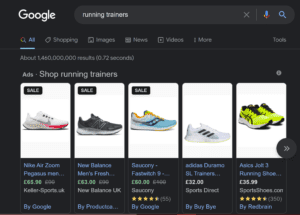
SEO
Our final tip for helping your eCommerce business website to take off in 2022 is to focus on your SEO.
When your customers are looking for a product, what is generally the first thing they will do? Type it into Google of course. If you don’t pay attention to your SEO then the website won’t appear in the SERPs (search engine results pages), making it extremely difficult for your potential customers to discover your products!
Unfortunately, SEO does take time, there is no quick fix to improving your search rankings, but having a well-thought-through strategy can certainly help you to achieve quality results in a shorter space of time.
You should prioritise the pages on your website that generate the most traffic when you begin your SEO and really nail down your workflow. This means choosing the right keywords, adding metadata and product descriptions and also ensuring you add image alternate attributes. SEO is time-consuming but essential.
Get in touch if you want our SEO specialists to review your current strategy and help to increase your site’s visibility.
eCommerce Workshop
We’re holding a FREE workshop for eCommerce companies on Wednesday 16 February. If you’d like to come along and listen to our specialists as they discuss the most effective way for building a multi-channel, data-driven marketing strategy, then sign up here.
